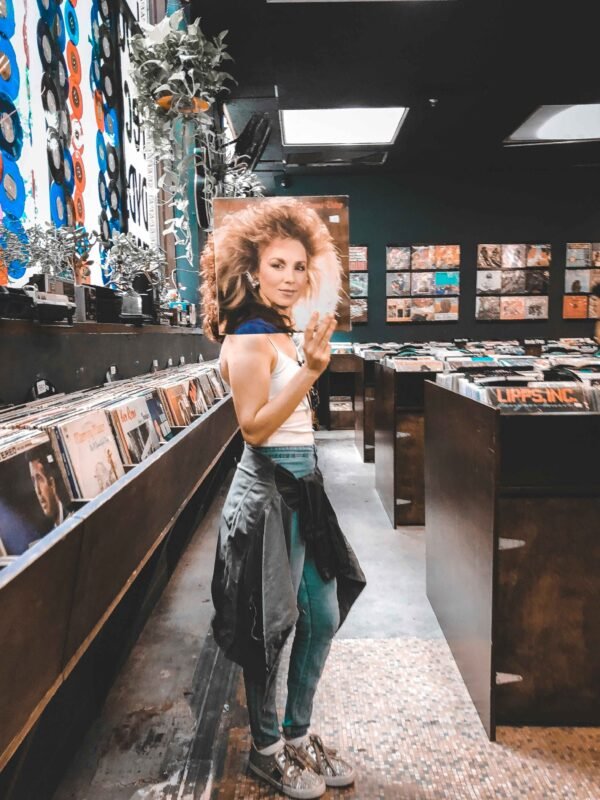In the intricate world of music production, sampling is both an art form and a legal minefield.
From the gritty beats of hip-hop to the innovative soundscapes of electronic music, sampling has become a cornerstone of musical creativity.
But how can artists borrow sounds without ending up in court? Let’s look into the convoluted world of musical borrowing.
The Sampling Spectrum: From Risky to Righteous
Not all sampling is created equal. There’s a vast difference between a quick, uncleared snippet and a transformative piece of musical alchemy.
Take Kanye West’s “Through the Wire” – a track that brilliantly samples Chaka Khan’s “Through the Fire” with such creativity that it became a landmark in sampling culture.
West not only cleared the sample but transformed it into something entirely new, turning potential legal trouble into musical innovation.
Notable Sampling Battlegrounds
Some of music’s most iconic tracks have been born from sampling controversies:
- Vanilla Ice vs. Queen/David Bowie: Perhaps the most infamous sampling lawsuit involved Vanilla Ice’s “Ice Ice Baby,” which borrowed the bassline from Queen and David Bowie’s “Under Pressure” without permission. Initially, Vanilla Ice claimed the bassline was different – a defense that quickly crumbled under scrutiny.
- The Verve vs. The Rolling Stones: The Verve’s “Bitter Sweet Symphony” sampled an orchestral version of the Rolling Stones’ “The Last Time.” Despite creating what many consider a masterpiece, the band was forced to give 100% of the song’s royalties to the Stones’ publishing company.
The Fair Use Myth: What You Need to Know
Many budding producers mistakenly believe in a “fair use” loophole that doesn’t actually exist in sampling. Here’s the reality:
- Changing a sample slightly does not make it legal
- Using a short snippet is not automatically safe
- Commercial use increases legal risk dramatically
Strategic Sampling: How to Borrow Sounds Legally
. Clearance is King
The most bulletproof approach is direct clearance. This means:
- Tracking down the original copyright holders
- Negotiating usage rights
- Paying required licensing fees
2. Public Domain Treasures
Samples from works published before 1926 are typically free game.
Classical recordings, old jazz tracks, and vintage sound effects can be gold mines for creative producers.
3. Royalty-Free Sample Packs
Numerous websites offer legally cleared sample packs.
While less unique, they provide a safe starting point for producers.
4. Transformative Use
The most legally creative approach involves radical transformation.
Artists like Girl Talk have built entire careers on extreme sample manipulation, arguing that their work is so transformed it becomes entirely new art.

Real-World Sampling Success Stories
- Daft Punk’s “Harder, Better, Faster, Stronger”: Successfully sampled Edwin Birdsong’s “Cola Bottle Baby”
- DJ Shadow’s “Endtroducing…..”: An entire album constructed from samples, meticulously cleared
- Moby’s “Play”: Samples from obscure blues recordings that became a commercial breakthrough
The Technical Approach
When sampling, consider these technical strategies:
- Modify the sample beyond recognition
- Create something entirely new
- Use only the most minimal, unrecognizable fragments
- Consider pitch shifting, time stretching, and heavy effects processing
Legal Protection Tactics
- Document Everything: Keep meticulous records of sample sources
- Budget for Licensing: Treat sample clearance as a production expense
- Consult an Entertainment Lawyer: Specialized legal advice can save thousands in potential lawsuits
The Future of Sampling
With AI and digital technology evolving, sampling laws are becoming more complex.
Some predict a future where micro-licensing becomes standard, allowing instant, automated sample clearance.
Warning Signs
Be extremely cautious if:
- The sample is instantly recognizable
- You’re creating commercial music
- The original artist is known for aggressive copyright protection
Final Words of Wisdom
Sampling is an art form that requires as much legal savvy as musical creativity. While the temptation to “borrow” might be strong, the potential consequences far outweigh the risks.
Pro Tip: When in doubt, always ask. A simple conversation with the original artist or their representatives can open doors you never expected.
Remember, in the world of music, originality isn’t just about creating something new – it’s about transforming what already exists into something extraordinary.
Watch: How sampling transformed music | Mark Ronson
Also Read: Top 3 Best Sitcoms Ever Made – All Centered Around Couches?
Follow the City Digest News channel on WhatsApp here!
Follow the City Digest channel on Telegram here!

